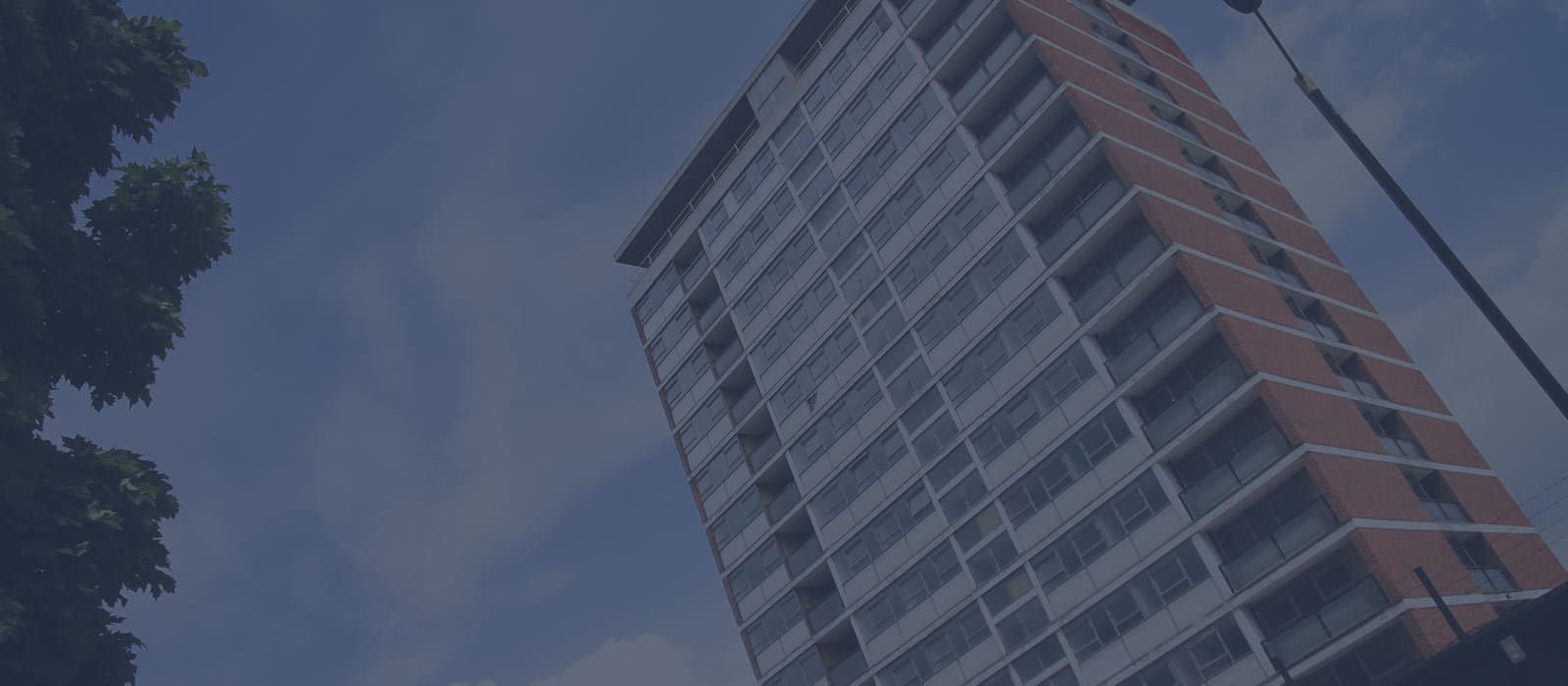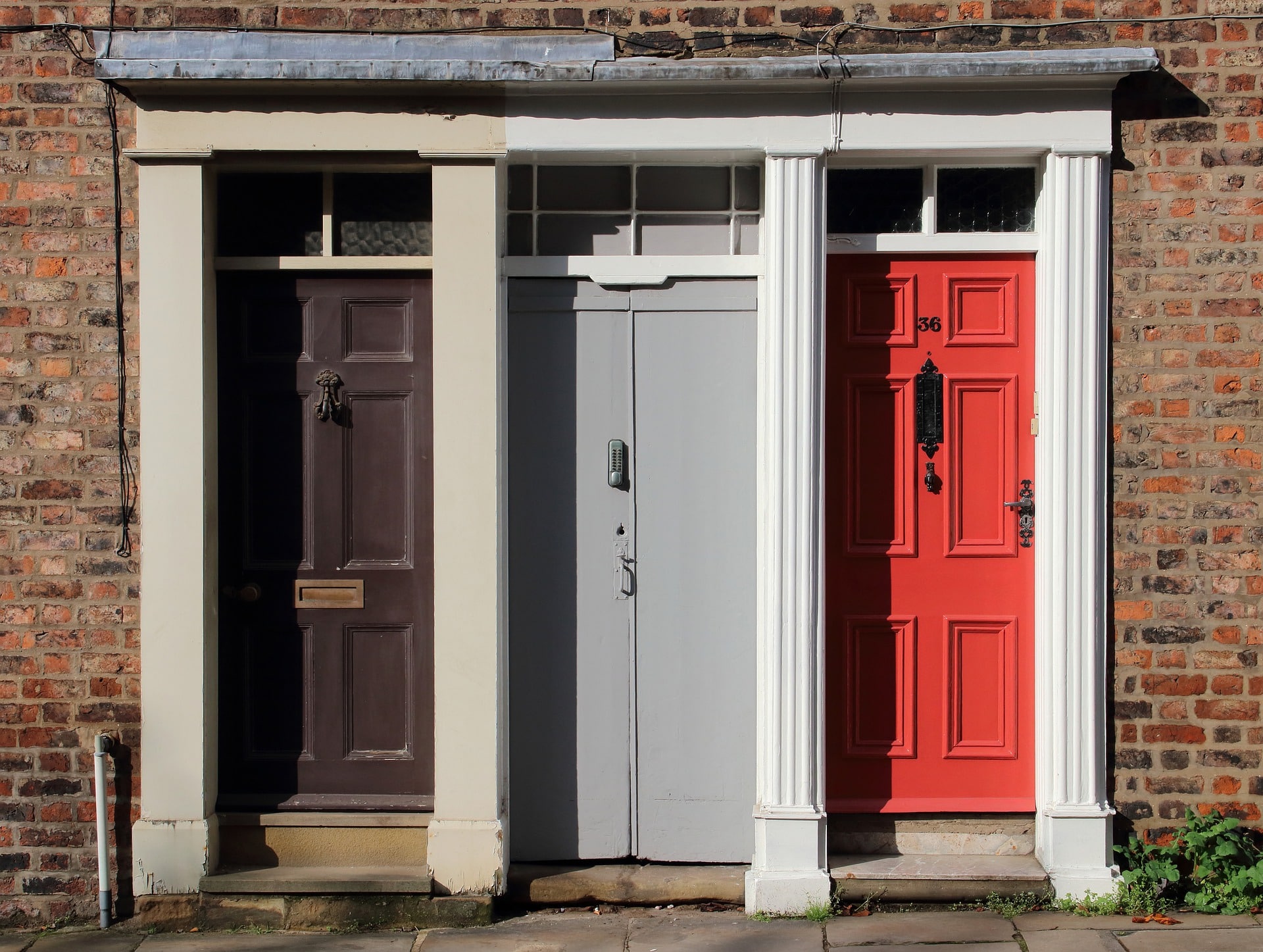The conveyancing process is arguably the most important stage of selling a house.
When you purchase a property, there are various legalities that have to be completed. Technically, you can take care of these yourself, but this should only be done if you have experience in the area, or if you have access to a peer with conveyancing experience, who is willing to provide free advice.
If you get aspects of the conveyancing process wrong, then you could find your sale falling through, or in dispute with someone, which could end up costing you dearly. That’s why it is strongly recommended that you hire a solicitor/conveyancer when either buying or selling a property.
We have more than 30 years’ experience buying homes and dealing with conveyancing. If you sell to us, we’ll make the house buying process quick and as smooth as possible. Not only will we communicate with you clearly and regularly throughout, but we’ll also appoint an independent solicitor and cover all their fees. Selling houses fast has never been easier!
But how much are conveyancing costs for buyers and sellers? Read on to find out.
The difference between a conveyancing solicitor and a conveyancer
Many, but not all, solicitors are able to carry out conveyancing as part of their work. Some solicitors specialise in conveyancing and property law, and in particular, areas such as land, bridging, auctions, commercial and residential.
There is also a specialist job role called a ‘conveyancer’. These individuals specialise in conveyancing and are accepted by most lenders. They will typically have passed various qualifications and will be licensed by a regulatory body in some way.
A licensed conveyancer and a conveyancing solicitor fulfil essentially the same role, however a conveyancing solicitor is also trained in legal services, whereas a conveyancer is not.
For most simple sales, purchases, remortgages and transfers of equity, a conveyancer is typically more than adequate. But if you have a complex situation or want the reassurance of someone with a legal background, then use a conveyancing solicitor rather than a conveyancer.
Throughout the remainder of this blog, the individual carrying out the conveyancing process will be described as a ‘conveyancer’ – but this can apply to either a conveyancer or a conveyancing solicitor, too.
Do you need a conveyancer to sell your home?
Although conveyancing has to be done, you do not necessarily need to hire a conveyancer or solicitor. You can do it yourself, but you’ll need strong legal knowledge and plenty of time. For peace of mind, it’s far better to hire a professional. This could be a solicitor – either a traditional solicitor with an office you can visit or online service – or a conveyancer.
Solicitors and conveyancers offer a similar service. But while a conveyancer only practices property law, a solicitor will have a wider range of legal expertise that can be useful in more complex cases.
Legal practitioners are protected by professional indemnity insurance if they make a mistake during the conveyancing and are sued. If you take on the work, you won’t have this protection.
What are the different stages of conveyancing?
Once someone has made an offer on your home you are happy to accept, it’s time to instruct a conveyancer to act for you. You can find licensed solicitors and conveyancers by searching on the Law Society and the Council for Licensed Conveyancers websites. Once you’ve given them the go-ahead, the sale process can begin.
Firstly, your conveyancer will send you a pack of documents to fill in and return. These will include:
- A TA6 form (TA7 for leasehold properties) which asks you to document every detail of your home from how it was built to where the stopcock is.
- A TA10 form to list all the fixtures and fittings, which ones are staying and how much you might want for them.
Alongside these forms, you’ll need to send your conveyancer relevant documentation. This includes a copy of your home’s title deeds if you have them, your latest mortgage statement, an energy performance certificate, and planning permission and buildings approval if you’ve had major works done.
Once your conveyancer has these documents they will draw up a contract which they’ll send to your buyer’s conveyancer with the forms you’ve filled in and paperwork you’ve sent.
Secondly, the buyer’s conveyancer will go through all the documents and send any questions they have back to your conveyancer. If the buyer has organised a survey on your home this may raise further questions, as could searches they conduct with a local authority. These could lead to them renegotiating the price to cover any work that needs to take place.
Thirdly, once everybody is happy, conveyancers on both sides will exchange contracts. If your buyer pulls out now they could be forced to pay a heavy penalty, possibly 10% of the transaction price.
Finally, you’ll move to completion. This is the day you leave your property. Your buyer sends funds to your conveyancer who then sends them on to you, after settling your account with your estate agent and mortgage provider. Or, if you are buying another home your conveyancer will send funds to the seller.
How long does conveyancing take?
From offer to completion, conveyancing takes between 12 to 16 weeks. However, it’s not uncommon for it to take much longer.
Delays can occur for a variety of reasons. For example, hold-ups can be caused by price renegotiations after searches and surveys or a down valuation of your home by your buyer’s mortgage lender. If your buyer’s circumstances have changed at all their lender could withdraw their in-principle mortgage offer altogether.
As a seller, you can limit any delays by having all the documentation in place as early as possible. That’ll give you time to sort out anything that’s missing. Of course, if you are involved in a long chain of buyers no matter how organised you are, hold up down that chain will impact you.
When contracts exchange you will fix a date with your buyers for completion. This is usually around two weeks after exchange but can be sooner or later if both sides agree and the lender can provide funds in that timeframe.
One of the benefits of selling your home to us is the lack of a chain. We always buy from our own cash funds which means we’re not reliant on other buyers. What’s more, we can complete in just seven days if necessary. That means you won’t be making mortgage payments while you wait for a sale to go through.
How much does a typical UK conveyancer costs?
Conveyancers typically set their fees based on the valuation or purchase price of the property. The higher the price or the value, the higher the fee. This is because the higher the value of the property, the more liability the conveyancer carries in the work they are performing. The higher costs therefore reflect their increased liability and professional indemnity insurance costs.
Indeed, some conveyancers may not even act for properties that are valued over a certain level.
The typical UK cost for a conveyancer is between £400 and £1,500, alongside admin costs, known as disbursements, for bank transfers, copies of title deeds and anti-money laundering checks. Fees for buying a home are higher because of more expensive third party costs such as local authority searches and the transfer of ownership on the Land Registry.
The additional legal costs
In addition to the (typical) £500 – £1000 conveyancing costs, you will also have to pay additional legal costs, known as ‘disbursements’. These payments cover:
- Search fees
- Registration fees
- Documentation fees
- Land registry fees
- CHAPS payment fees
The conveyancer will have paid the different companies, bodies or organisations for these, and usually only charge you the cost price.
The CHAPS fees (transfer fees) are what you will be charged by the conveyancer, for transferring money to and from accounts. This typically costs in the region of £35.
Most legal fees and disbursements will be plus VAT, which (at the time of writing this blog) will add an additional 20% to most of the items on your bill, except stamp duty.
Legal costs when remortgaging
For a mortgage, lenders will sometimes offer you free legal support. They will either appoint an external solicitor or conveyancer to act for them and for you, or they will use their in-house legal team. They will cover the cost of this.
As it is only a remortgage and not a purchase, there are fewer requirements, which is why they are usually happy to offer this for free.
If there is anything out of the norm however, such as a transfer of equity, you will be expected to cover this additional cost. It is very rare for a lender to offer free legal support for purchases.
Lenders do sometimes offer a cashback which can be used towards your legal costs. It is common for a cashback to be sent to the conveyancer rather than the borrower, and they will typically put these against your legal bill.
What if the purchase/sale falls through?
Most conveyancers will be happy to move your fees across to a new purchase/sale, but this can depend on the stage, and how much work they have done so far. Remember that many of the items they have already paid for will be relevant to a particular property (such as searches or land registry) which means that if the transaction falls through, they can’t be used for another purchase and you will have to pay for these again.
When a purchase falls through, it is worth asking your estate agent or conveyancer if a previous buyer withdrew, or a sale fell through, because their searches may be available for you to purchase.
Similarly, you may be able to sell yours to recover some of the costs. Searches typically only last three months however, so it does all depend on the time scales.
You can obtain an insurance policy that will pay out in the event of a sale falling through, called a ‘Home Buyers Protection Insurance’, or similar. Policies start at around £50 upwards, and will cover legal costs, valuation and survey fees, and even give you gazumping cover.
Avoid conveyancing costs with WeBuyAnyHome
WeBuyAnyHome is the UK’s leading home buying company and one of the only genuine cash house buyers around. We can purchase your property in as little as 7 days – making it easy for you to ensure your sale and purchase go through at the same time.
We aim to make the process as fast and fuss-free as possible. Not to mention cost-effective. As part of that commitment to you, we pay all the legal fees involved in your sale. We’re also experienced at dealing with sensitive home selling situations such as those involving divorce and inheritance. If you’re looking for a quick and easy house sale, get in touch with We Buy Any Home today.
If you’re looking for a quick and easy house sale, you can start today.


















